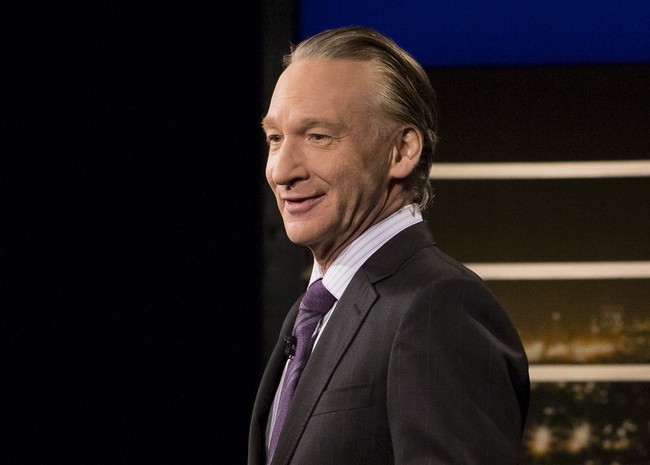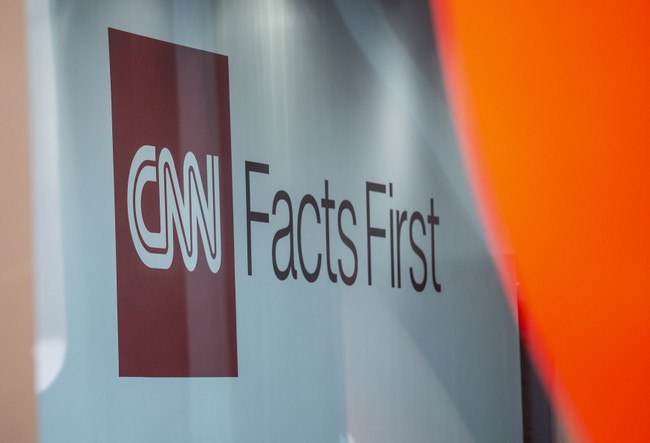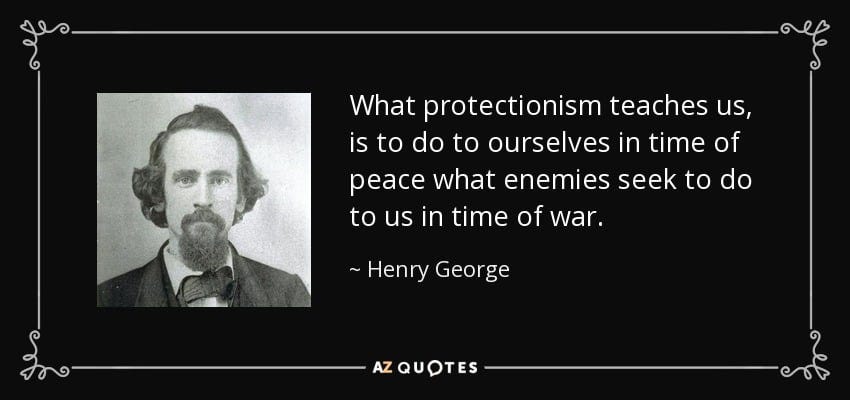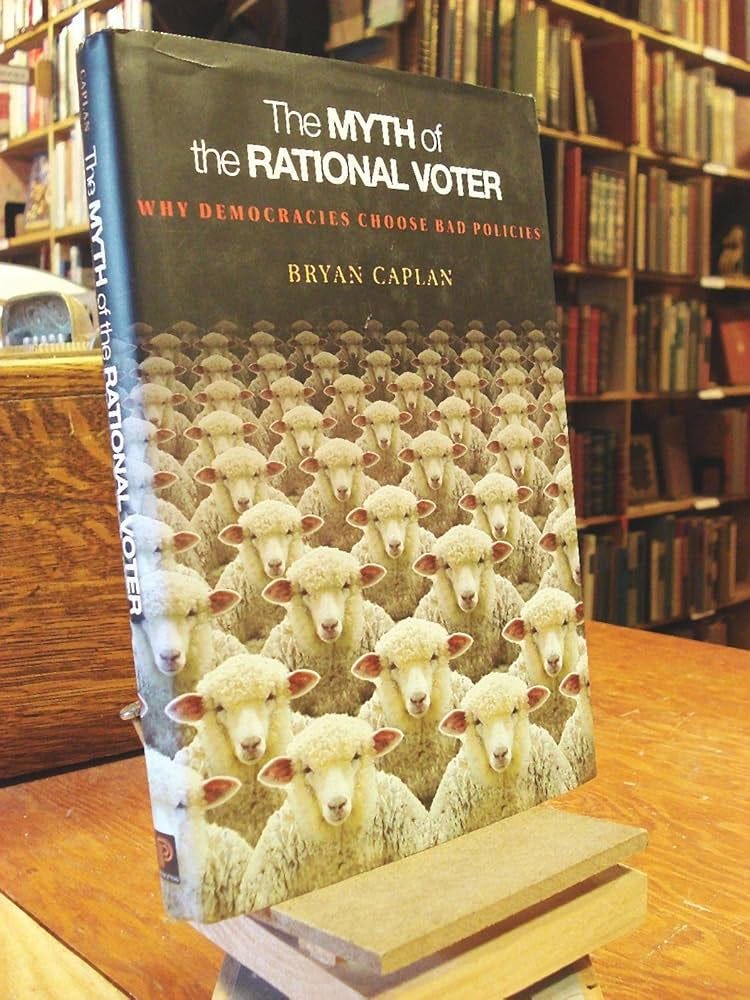
Suppose the U.S. Constitution mandated unilateral free trade with no exceptions. Much could go wrong. A pessimist could fairly ask all of the following:
What if other countries take advantage of our unilateralism to drastically raise their tariffs?
What if other countries strategically predate on our critical industries, leaving us vulnerable in a major crisis?
What if hostile countries buy and stockpile strategic resources from us, then get really hostile?
What if some unforeseen trade issue, an “unknown unknown,” arises, and our leaders are unable to respond because the Constitution ties their hands?
There are many handy responses to these challenges. Like: “If the problem is that bad, we can amend the Constitution to make an exception.” But a pessimist could readily retort, “What if amending the Constitution takes too much time to avert disaster?” When push comes to shove, the defender of unilateral free trade has no response better than, “Tough luck.” Unconvincing, but as I’ve explained before, “Tough luck” is what every conceivable social system tells you in the end:
Name any political system. I can generate endless hypotheticals to aggravate its supporters. The right lesson to draw: Every political perspective eventually has to say “Tough luck” when confronted with well-crafted what-ifs. There’s nothing uniquely hard-hearted or cruel about libertarianism. Defenders of democracy, nationalism, liberalism, conservatism, the American Constitution, and social democracy all eventually sigh, “Life’s not fair,” or “Well, what do you want me to do about it?”
Case in point: Suppose that instead of Constitutionally-mandated unilateral free trade, you leave trade policy to the U.S. federal government. A pessimist could easily ask all of the following:
What if Congress passes legislation to delegate tariff policy to the President, leaving the whole economy at the mercy of one power-hungry man?
What if voters elect an economically-illiterate protectionist to the presidency?
What if the President laughs in the face of stock market collapse and severe economic distress, or tries to shift the blame to the Federal Reserve?
What if the President treats friendly trading partners like dirt, making up false accusations about their abusive trade practices when the shoe is on the other foot?
What if the President antagonizes less-friendly trading partners for no reason, sharply raising the risk of world war?
There’s only one major difference between the first set of what-ifs and the second. Namely: Every item in first set is hypothetical, while every item in the second set has actually happened. Except for #1, in fact, they all happened in the last six months!
Sure, you can sigh, “Well, that’s democracy.” But that’s just democratic fundamentalism’s version of “Tough luck.” The reasonable approach, in contrast, is to acknowledge that neither strict free trade nor “pragmatic” protectionism offer anything like perfect safety — and ask “Which set of what-ifs is more fanciful?”
I know my answer.
I wrote these words about 20 years ago. They seem especially apt these days.
Leaders have been known to inspire blind faith. Michels (1962: 93) refers to "the belief so frequent among the people that their leaders belong to a higher order of humanity than themselves" evidenced by "the tone of veneration in which the idol's name is pronounced, the perfect docility with which the least of his signs is obeyed, and the indignation which is aroused by any critical attack on his personality." Many totalitarian movements insist upon their leaders' infallibility. "The Duce is always right," was a popular Fascist slogan. (Gregor 1969: 120) Rudolf Hess waxed poetic about the perfection of Hitler's judgment:
With pride we see that one man remains beyond all criticism, that is the Führer. This is because everyone feels and knows: he is always right, and he will always be right. The National Socialism of all of us is anchored in uncritical loyalty, in the surrender to the Führer that does not ask for the why in individual cases, in the silent execution of his orders. We believe that the Führer is obeying a higher call to fashion German history. There can be no criticism of this belief. (Modern History Project 2005)
Democratically-elected leaders rarely claim anything so outrageous. But they seem to enjoy a milder form of unreasoning deference. (Zaller 1992) The most charismatic President may not radiate infallibility to anyone, but that does not stop people from choosing to believe that he is honest in the absence of rock solid evidence to the contrary. As an exasperated Paul Krugman (2003: 196) writes:
Mr. Bush has made an important political discovery. Really big misstatements, it turns out, cannot be effectively challenged, because voters can't believe that a man who seems so likable would do that sort of thing.
Even a colorless politician might find that his title makes his words credible. It works for the Pope. Why not the President?
One striking instance of unreasoning deference: Shortly after 9/11, polls strangely found that the nation's citizens suddenly had more faith in their government. (Langer 2002) Can you "trust the government in Washington to do what is right"? In 2000, only 30% of Americans said "just about always" or "most of the time." Two weeks after 9/11, that number more than doubled to 64%. It is hard to see consumers trusting GM more after a major accident forces a recall. The public's reaction is akin to that of religious sects who mispredict the end of the world: "We believe now more than ever."
A close relative of blind faith is the ability to change men's minds with mere rhetoric. Think about it: People modify their view of the world because a current or aspiring leader redescribes the facts. With normal faith, the audience says "I believe because he said it." Faith inspired by verbal ability is a slight variation: "I believe because he said it so well." Perhaps the most extreme illustration is the political influence of great poets like Pablo Neruda. Common sense snaps "What does he know? He's a poet," but many would rather listen and be swayed by the beautiful words.
What happens to democracy if the public puts a degree of irrational faith in its leaders? The most obvious effect is to give leaders slack or "wiggle room." Though they have to conform to public opinion, public opinion becomes partly a function of the politicians' own choices. If doing A gives the public faith in the wisdom of A, and doing B gives the public faith in the wisdom of B, then a politician can choose either A or B ad libitum. It is arrogant for a leader to snicker that "The people will think what I tell them to think," but that does not make him wrong.
Faith helps explain politicians' tendency to dodge pointed questions with vague answers.[i] How can refusing to take a position (or changing the subject) be strategically better than candidly endorsing a moderate position?[ii] Put yourself in the shoes of a voter who opposes the moderate view but has a degree of faith in a candidate's good intentions. If the candidate announces his allegiance to the moderate view, faith in him dissolves. But as long as the candidate is silent or vague, it does not tax your faith to maintain "He's a decent man, he must agree with me." From politicians' point of view, the critical fact is that voters on both sides of the issue can "reason" in the same fashion.
The downside of quasi-religious faith in the powers-that-be (or want-to-be) is plain. Cushioned by the masses' credulity, an elected official could shirk to their detriment. (Burstein 2003; Bender and Lott 1996; Bernstein 1989) Recall that the simplest way to keep politicians in line is to harshly punish them when you catch them misbehaving. (Becker 1968) An electorate with faith in its leaders spares the rod and spoils the child.
Machiavelli (1952: 93) notoriously urges leaders to take full advantage of leader worship: "But it is necessary... to be a great feigner and dissembler; and men are so simple and so ready to obey present necessities, that one who deceives will always find those who allow themselves to be deceived." A corrupt politician can use faith-based slack to cater to special interests, a ideologue to push his agenda. Regardless of what one thinks about the war on terror, it is hard to deny that George Bush would have enjoyed comparable support if he made fairly different choices. If he decided that invading Iraq was not worth the effort, how many of his supporters would have balked? Since some of Bush's options were better for his financial backers and cohered more with his ideology, he faced temptations to shirk. The only question is whether he gave into temptation.
Still, one should not ignore the upside of political faith: its ability to neutralize the public's irrationality. A leader who understands the benefits of free trade might ignore the public's protectionism if he knows that the public will stand behind whatever decision he makes. Since politicians are well-educated, and education makes people think more like economists, there is a reason for hope. Blind faith does not create an incentive to choose wisely, but it can eliminate the disincentive to do so. Whether this outweighs the dangers of political faith is an open question.
The same goes for faith in experts. It opens up a low road and a high road. The low road is for experts to take advantage of the public, promoting their personal finances and/or ideology. The high-road is for experts to help the public in spite of itself. Suppose the public has faith in the FDA. Its drug policy experts could take the low road, telling the credulous public that it is "in the public interest" to test drugs for efficacy as well as safety, ignoring the lives lost from years of delay. (Klein and Tabarrok 2001; Tabarrok 2000) But sometimes experts take the high road instead. The public might be sure that Thalidomide should be totally banned, but defer when the FDA approves it as a treatment for leprosy. (FDA 1997)
[i] For a rational model of this and related phenomenon, see Alesina and Cukierman (1990).
[ii] It is logically possible — though implausible — that voters are simply risk-preferrers. They would rather have a gamble whose expected value is the moderate position than receive the moderate position with certainty. Howitt and Wintrobe (1995) uses the opposite assumption to explain why politicians avoid raising issues in the first place: they prefer the status quo with certainty to the gamble of a fresh political contest.
Last week, I presented this short talk before George Mason University’s Board of Visitors.
It’s been a long time since I’ve received so much as an email from GMU’s DEI office. In fact, the last email I received about GMU DEI was a message from President Gregory Washington announcing that “Our DEI office is now the Office of Access, Compliance, and Community.” Given the current political climate, why would any reasonable person consider the full abolition of this renamed DEI office, including the firing of all DEI staff, to be an important and valuable goal?
My answer: The current political climate will not last. Political climates never do. And once the political climate for DEI is once again favorable, the office will resume its ultimate mission: transforming GMU from a university where people can freely discuss the most controversial issues into a seminary where people are taught one controversial philosophy as established fact — and dissenters are intimidated into silence. You can call this philosophy “social justice” or “wokeness” as you prefer. Even if you think it is true, it should not be Officially True.
Why do I believe DEI is so dangerous in the long run for freedom of thought? Because back in 2020, they felt secure enough to explicitly state their plans. Late that year, as you may recall, George Mason emailed us a statement on behalf of the Presidential Task Force on Anti-Racism and Inclusive Excellence. It’s actually still on the GMU website, but in case they scrub it, I have it archived. I encourage everyone here to read the statement of the Task Force in its entirety, but key passages include:
Vision: George Mason University will become a national exemplar of anti-racism and inclusive excellence.
What if someone at GMU denies that racism is still a notable problem in modern America? What if they maintain that group disparities are caused by differences in ability or preferences? Can there be a place for such dissent in a “national exemplar of anti-racism”?
Mission
• Develop and implement effective systems, practices and traditions that eradicate racism and bigotry at Mason.
If someone denies that racism and bigotry is a serious problem at GMU, doesn’t that get in the way of their “eradication”? Indeed, what if someone argues that DEI is the epicenter of on-campus racism and bigotry? And to make a statistical point, the only practical way to “eradicate” anything is to tolerate lots of false positives. To eradicate cancer, you have to cut out a lot of healthy tissue, because seemingly healthy tissue may still be cancerous. Similarly, to eradicate racism and bigotry, you have to get rid of anyone who conceivably possibly might be even slightly tainted by racism and bigotry.
The most ominous passage to my mind:
Anti-racism and inclusive excellence will be foundational in every program, process, policy, and procedure at Mason.
I teach labor economics. One of the topics we cover is discrimination. If “anti-racism and inclusive excellence” are really “foundational” in this way, how can I be allowed to favorably present the evidence that discrimination is not an important cause of labor market disparities?
To be fair, the document contains some apparent caveats, like:
Mason will be deliberate in establishing an inclusive environment in which all members of the campus community are welcomed and supported; experience a sense of belonging; and differing perspectives are valued and encouraged.
But there’s no sign that this includes my “differing perspective” that this whole project is a McCarthyite witch hunt.
Is it really such a big deal that some departments started requiring “diversity statements”? To get some perspective on this question, I looked at McCarthy era Loyalty Oaths. To remain a professor at UC Berkeley in 1950, for example, you had to swear the following:
I am not a member of the Communist Party or any other organization which advocates the overthrow of the Government by force or violence, and I have no commitments in conflict with my responsibilities with respect to impartial scholarship and free pursuit of truth. I understand that the foregoing statement is a condition of my employment and a consideration of payment of my salary.
Notice: A devout Leninist revolutionary could honestly swear this oath as long as he doesn’t belong to an organization that advocates the government’s violent overthrow. Furthermore, he could belong to an alternative Communist Party dedicated to establishing Communism by democratic means. In sharp contrast, diversity statements really do demand your outright whole-hearted agreement with DEI.
The original McCarthyism faded away long ago. But consider: What would have happened if McCarthyites had managed to build Offices of Patriotism, Prosperity, and the People throughout higher ed, staffed by scores or even hundreds of Patriotism Officers? I submit that we would probably still have McCarthyism today! Enthusiastic activists can unleash a temporary witch hunt. But to make a witch hunt permanent, you need an army of full-time paid employees.
And that’s why GMU should decisively end DEI by getting rid of all of its DEI employees. Renaming McCarthyism would not have removed the threat it posed to freedom of thought on campus, and renaming DEI does not remove the threat it poses to freedom of thought on campus.
GMU’s DEI has never done anything to me personally. I’m not angry at anyone. But this has to be done to protect GMU from all the witch hunts we’re going to see in the future if we don’t do the right thing right now.





